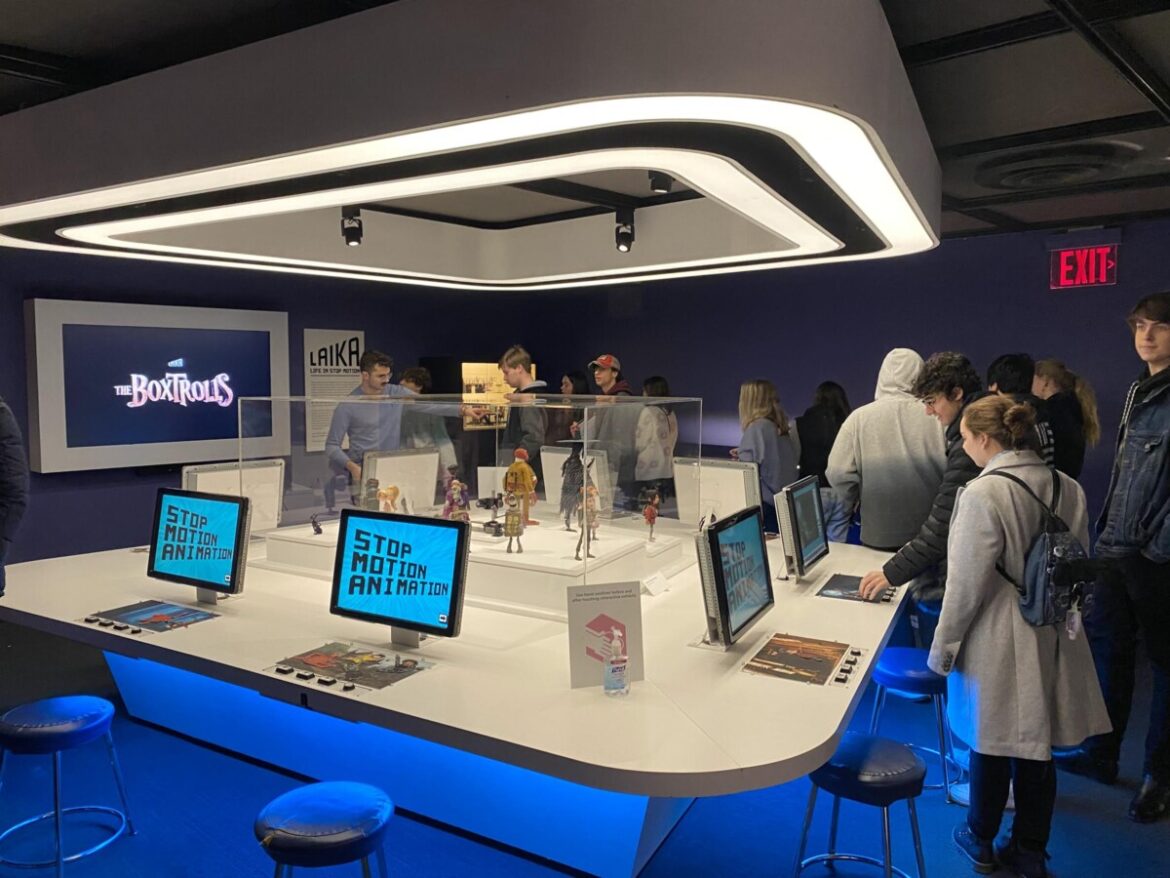Annika Khurana, Executive Editor
@akhuranacourant
Garlic mustard. Japanese barberry. Tulip trees. I can still remember the names of various plants I learned about two years ago during a walk through Waveny Park for biology class. After taking a “flag walk” around the school during English last year, I still remember the different ways a single item can be poetically interpreted. Taking a field trip doesn’t always refer to the perceived hassle of gathering students onto a bus and signing paperwork — it can be as simple as getting out of the classroom to observe a physical portrayal of a relevant concept.
We often hear the phrase “experience is the best teacher.” The experiential learning cycle was developed by David Kolb in 1984, asserting that learning through experience is effective because it requires the learner to reflect, analyze, and test their ideas to develop knowledge. Labs and projects in the classroom are an example of this; however, seeking opportunities outside of the classroom also provides a platform for students to explore their true interests and potential career paths.
The pandemic put a halt to opportunities to take field trips for a while, but certain courses have eased their way back into getting out of the classroom. Recently, students in Ms. Weeks’ UCONN Film and Literature class as well as several of Ms. Sinski’s Filmmaking students took a trip to Queens for a private screening of “No Bears.” Students looked back on the trip enthusiastically, as it’s not every day you get to see an award-winning Iranian film that has made such a profound impact on the global filmmaking scene.
Though opportunities to get outside of the classroom are present in certain courses, primarily electives, I still feel they are very limited. My last true “field trip”, which required my parents to sign forms to allow me off-campus, was my walk through Waveny two years ago, and I still remember everything I learned. Truthfully, a majority of my coursework since then has consisted of absorbing as much information as I can before spitting it all out on a unit test, losing the aspect of retention when it comes to learning. As a visual learner and someone who truly wants active engagement in my classes, this seemingly endless cycle is tiresome to experience.
In AP courses, it’s perfectly understandable that getting outside of the classroom is not a top priority — teachers must get through a set curriculum so that students will be prepared for their exams at the end of the year. In this case, perhaps teachers might look favorably upon simply leaving the classroom environment for demonstrations to create more engaging lessons. In my physics class, for example, we briefly went into the hallway to illustrate the concept of center of mass by standing with our heels against a wall and trying to bend down. This was a simple yet effective way to change up our surroundings and gain a better understanding of a concept.
The fear of planning field trips among teachers seems to be rooted in the fear of students missing classes and falling behind on work. The truth of the matter, though, is that field trips are not opportunities we have frequently. A time for students to engage with fellow classmates and potentially discover what they are truly passionate about should not be frowned upon by a heavy course load. Work can be made up; however, an experience cannot.




